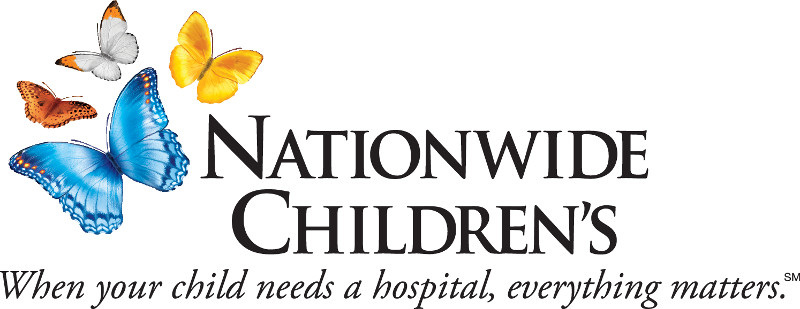Newswise — Children with chronic illnesses such as cancer and juvenile rheumatoid arthritis may endure ongoing symptoms from their diseases and side effects from treatment. As they approach young adulthood—the time when most people are susceptible to emotional and psychological strain due to hormonal and life changes—there was concern that children with chronic illnesses may be more at risk for long-term emotional difficulties. However, researchers at Columbus Children's Research Institute on the campus of Columbus Children's Hospital found that despite ongoing challenges that may be associated with pediatric illnesses and treatment, these young adults appear to be thriving. This research was presented Saturday, May 1, at the 2004 Pediatric Academic Societies' (PAS) annual meeting in San Francisco.
"We know that some pediatric illnesses and their treatments can lead to learning disabilities and other cognitive problems, but we know less about long-term psychological outcome. We speculated that the stress associated with having a pediatric illness may also cause children to be vulnerable to emotional difficulties later in life," explained Cynthia Gerhardt, Ph.D., pediatric psychologist at Columbus Children's Hospital. "Advancements in treatments have allowed these children to live longer, but now we need to examine the effect on their long-term quality of life."
The longitudinal study involved more than 125 youth ages 18-20 with a history of cancer, sickle cell disease, or juvenile rheumatoid arthritis and the family of a classmate who was the same gender, race, and age. Diagnostic interviews were conducted with both parents and children to identify potential signs of depression, anxiety, post-traumatic stress disorder and other psychopathology. "We found no difference between healthy kids and those with chronic illness," added Dr. Gerhardt. "Overall, we found that the effects of chronic illness do not necessarily lead to severe psychological impairment. These young adults were amazingly resilient."
According to Gerhardt, this study originated from research with colleagues, Robert Noll, Ph.D., from Children's Hospital of Pittsburgh and Kathryn Vannatta, Ph.D., from Columbus Children's Hospital that examined how children with cancer reintegrated socially into school during chemotherapy. "Parents worry about their child's emotional well-being at the start of treatment," added Dr. Gerhardt. "Research such as ours can help parents and healthcare professionals identify risk factors and set realistic expectations. The good news is that this research shows that on average, children with these types of chronic illnesses aren't any more susceptible to psychiatric symptoms and disorders than their peers."
Columbus Children's Hospital ranks among the top 10 in National Institutes of Health research awards and grants to freestanding children's hospitals in the country. With nearly 500,000 patient visits each year, Children's Hospital is a 112-year-old pediatric healthcare network treating newborns through age 21. In 2003, the Columbus Children's Research Institute conducted more than 300 research projects and is the home of Centers of Emphasis encompassing gene therapy; molecular and human genetics; vaccines and immunity; childhood cancer; cell and vascular biology; developmental pharmacology and toxicology; injury research and policy; biopathology; microbial pathogenesis; and biobehavioral health. Pediatric Clinical Trials International (PCTI), a site management organization affiliated with the hospital, also coordinated more than 50 clinical trials. In addition to having one of the largest ambulatory programs in the country, Children's offers specialty programs and services. More than 75,000 consumers receive health and wellness education each year and affiliation agreements with nearly 100 institutions allow more than 1,700 students and 500 residents to receive training at Children's annually. More information on Children's Hospital of Columbus is available by calling (614) 722-KIDS (5437) or through the hospital's Web site at http://www.columbuschildrens.com.
MEDIA CONTACT
Register for reporter access to contact detailsCITATIONS
Pediatric Academic Societies’
